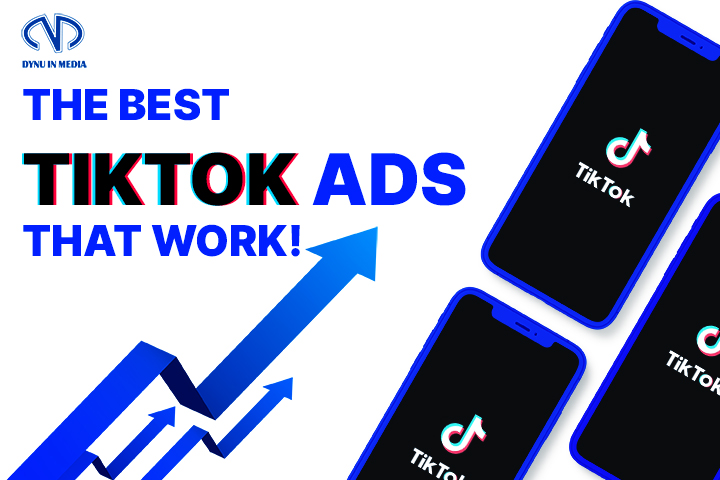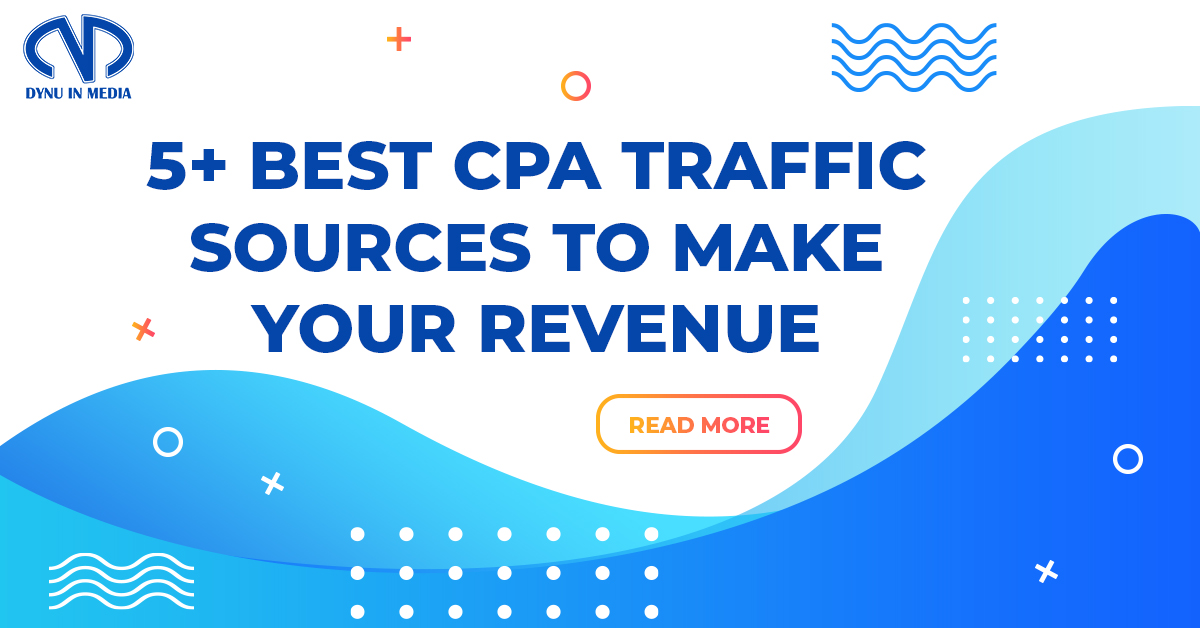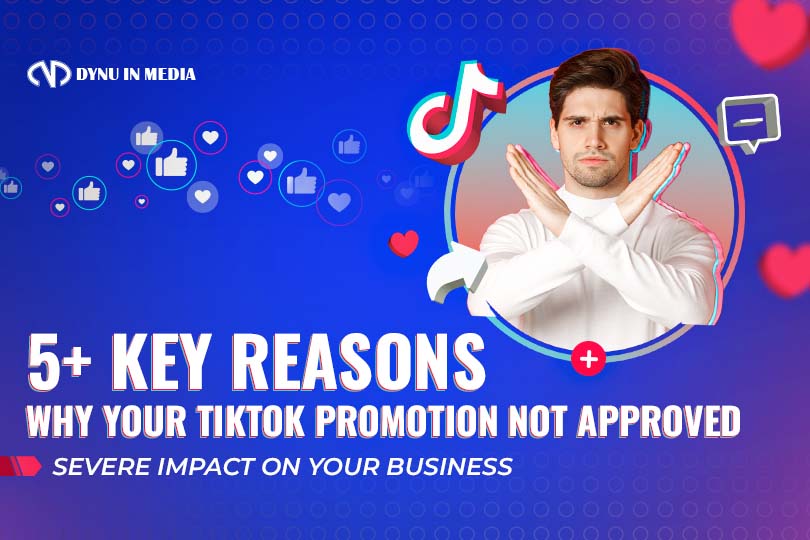The Cookieless Future: How To Prepare For It?
The cookieless future is coming sooner than you think. Get ahead of the curve by learning how to prepare your business for a cookieless world in 2023. Learn the ins and outs of how to make sure your website is ready when the time comes. Get ahead of the game now with expert advice from Dynu In Media. Get started now!

What Is The Cookieless Future?
First off, what is the cookieless future? The cookieless future is the change in the digital world following Google announcing it would stop supporting third-party cookies in the Chrome browser.
There is a mad scramble to find alternatives to third-party cookies, which are used in virtually all aspects of digital marketing. This includes the vast majority of the ad tech industry, as well as publishers, advertisers, and marketers.
What Does “Cookieless” Mean?
Cookies are small files or pieces of information that websites send to your device to monitor and remember you and your preferences, login information, and the like.
There are two basic types of cookies as below:
- First-party cookies: Cookies from your site. They usually preserve sessions, so you’re logged in next time. First-party data is usually safe if the website you’re viewing hasn’t been compromised.
- Third-party cookies: Cookies from third-party sites. Third parties frequently link these cookies through adverts or other services. So, even the most well-intentioned site owner might be a gateway for third-party cookies if they display adverts from shady third parties.
“Cookieless” marketing refers to campaigns that don’t rely as heavily on “third-party cookies,” which are bits of information passed back and forth between advertisers and containing unique identifiers about web users. This seriously affects websites that use third-party cookies to track users and serve them more relevant ads.
Why Is Google Phasing Out Cookies?

Here are four things that Google is phasing out cookies: security, privacy, cost savings, and affiliate fraud.
Security
Some of the most serious potential threats that cookies pose to online safety are listed below:
- Cross-Site Scripting (XSS)
- Cookie Tossing
- Cross-Site Request Forgery (CSRF or XSRF)
- Session Fixation
Privacy
Many brands and corporations are eliminating third-party cookies due to privacy concerns. Third-party cookies have many privacy issues, as we’ve discussed. Most people’s main issue is tracking user activity without their knowledge. Advertisers and other third parties can store cookies in users’ browsers here.
Nonetheless, it can feel invasive and creepy. To improve user experiences, brands are embracing a cookieless (less invasive) future.
Cost Savings
Cookies offer many benefits to advertisers, marketers, and site owners, but security-conscious users pay a high price. Eliminating cookies will certainly eliminate many of these hazards and their costs, while the details are still unknown.
Site owners and users should always monitor security, cookies or not. Yet, without the cookie-related threats we’ve explored, it may be easier and cheaper.
Affiliate Fraud
Some fraudulent affiliates have used this technique to do some illegal activity. Cookie stuffing occurs when hostile third parties add malicious cookies to a hacked website. This website’s cookies secretly connect with the affiliate page and create fraudulent transactions for unsuspecting visitors.
So, advertisers and affiliate programs want a cookieless, less deceptive future.
How A Cookieless Future Affects Affiliate Marketing
Affiliate marketers may fear a cookieless future. The advertiser or merchant may lose money if they cannot track sales without third-party cookies.
Affiliate marketing is personal advertising between consumers and trusted affiliates. So, utilizing third-party cookies to collect customer data without their consent and advertise could damage this confidence.
You’ll need to get inventive with customer data collection. Track user behavior and establish advertising strategies without third-party cookies.
However, several programs have used server-to-server tracking since Google’s 2020 cookie prohibition. Others have created cookie-free alternatives.
Awin, a popular affiliate network, uses bounceless tracking to transfer users from publishers’ pages to merchants’ pages without redirects (and, therefore, without cookies).
The Impacts of a Cookieless Future

Here is how cookieless future impact on marketers, users, and site owners:
For Marketers
Digital marketing will most affect a cookieless future since advertisers need third-party cookies to target ads.
Nonetheless, that’s a plus. The best way is to stay on top of cookieless trends and cookie alternatives. Cookies have long been a solid way to capture user data, but they’re not the only or most secure way.
The effects go beyond adopting alternatives. Marketing teams will need to generate their own data, improve partnerships with exclusive advertisers, and educate their businesses about cookieless practices as cookie phase-outs challenge many existing marketing techniques.
For Users
Users benefit most from cookieless futures. Users can surf without worry because many browsers and websites don’t employ cookies.
By extension, sites cannot use cookies to track user activity or develop invasive user profiles. In general, the cookieless future looks positive for most web surfers.
For Site Owners
Site owners face exciting and difficult cookieless futures. They will have to change how they interact with users and guarantee a consistent user experience, but they won’t have to worry about cookie-related security risks.
In the cookieless future, most sites will avoid using session cookies to preserve login sessions, which are unsafe. Instead, site owners should implement first-party data methods to use more secure personal identifiers.
How To Prepare for a Cookieless Future: 4 Ways

Follow the four ways to help you prepare for a cookieless future:
Focus On Products That Your Audience Likes
This cookieless world gives you a chance to rethink your marketing. As a publisher, you may wish to determine which goods are most profitable and organize your material accordingly.
Google Analytics can show you what products your viewers are clicking on, and Pretty Links can manage and analyze your affiliate links.
You can now focus on cookieless affiliate programs that sell things your viewers will buy. This customized technique may boost and secure your affiliate income.
Use Alternative Identifiers
Here are a few that successful companies use:
- Cohorts: Cohorts—grouping users by interests—are a simple but effective tracking method. Platforms can employ activity data to give consistent, tailored experiences to groups of people with similar traits, interests, or hobbies without identifying individuals.
- Contextual targeting: Contextual targeting successfully placed ads on relevant marketing channels before cookies and other “newfangled” tech. Instead of asking for user consent and protecting privacy, display adverts on similar websites and channels.
- On-device solutions: Device data can enhance cohorts. Instead of marketing to users based on device data, devices can give only as much information as a third party needs to categorize its customers. Users remain anonymous while marketers deliver targeted experiences based on user activity.
- Universal IDs: Universal IDs are replacing cookies in tech. Since Google Chrome won’t support them, numerous other platforms use them to identify users without security problems. Security systems enable interoperable, secure Identifiers for web tracking.
Create a Better Privacy Policy
Users respect privacy more than ever. Even if you created a compliance privacy policy, review it again to be sure it serves their best interests. If not, you may have to transition again.
Take A Look At Your Affiliate Memberships
List your affiliate networks and programs and find out what tracking measures they use. Now you can see how a cookieless future may affect your affiliate income.
Following that, you can stop using networks and programs that don’t use third-party cookie tracking.
It’s time to start preparing for the cookieless future! Yet, many businesses relying on cookies to promote and target customers may find the transition to a cookie-free future challenging. Don’t go far if you are looking for an affiliate network with no cookie tracking. Dynu In Media has diverse offers with innovative alternative ways of cookies. With us, we prioritize the user’s experience and safety first. If all about what we can offer catches your needs, feel free to keep in touch with us via our medial social channels listed at the bottom of this post. Finally, we wish you success!








